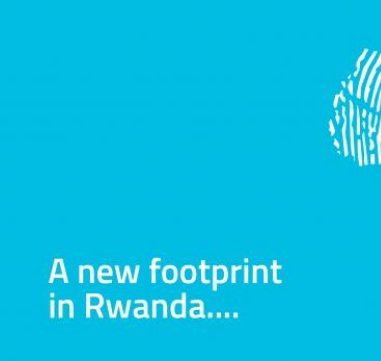16 May 2024
BCAW+R 2024: Learning from the Past to Prepare for the Future
BIRGER. is pleased to release a series of 6 articles in line with its commitment to foster Resiliency during the Business Continuity & Resilience Awareness Week (BCAW+R) from 13 to 17 May 2024.
These articles will be part of BCAW+R 2024 main theme ‘Empowering tomorrow: building resilience today’.
Each article will provide practical insights on how to cultivate Resiliency through good practices to leverage organisational resources and how to navigate challenges and emerge stronger.

The fifth article’s theme is ‘Learning from the Past to Prepare for the Future: A Crucial Component of Resiliency and Business Continuity’. This article provides insights on the benefits of applying lessons learnt for Resiliency and our recommendations for implementation.
Introduction
In the realm of Resiliency and Business Continuity, learning from past experiences is indispensable for preparing for future challenges. By examining past disruptive events and successes, organisations can collect valuable insights for proactive strategies to enhance their ability to withstand and recover from adverse events.
Lessons Learnt for Resiliency
- Analysing Past Disruptive events: Organisations should conduct thorough analyses of past disruptive events, including the causes, impacts, and response strategies employed. By understanding the root causes and patterns of previous incidents, organisations can identify vulnerabilities and develop targeted mitigation measures.
- Identifying Success Factors: Alongside analysing failures, organisations should also identify instances of successful crisis management and resiliency. By examining what worked well in the past, organisations can replicate effective strategies and build upon proven approaches to enhance resilience.
- Adapting Strategies to Future Challenges: The insights gleaned from historical analysis should inform the development of proactive strategies and contingency plans tailored to future challenges. Organisations can anticipate potential scenarios based on past experiences and implement measures to mitigate risks and minimise the impact of disruptive events.
We recommend the following measures:
To leverage historical learning for Resiliency and Business Continuity, organisations can take the following action points:
- Establish a Robust Incident Review Process: Implement a structured process for reviewing and analysing past incidents, involving key stakeholders from across the organisation to gain diverse perspectives and insights.
- Document Lessons Learned: Document key learnings and insights from past incidents in a centralised repository accessible to relevant stakeholders. This knowledge base serves as a valuable resource for informing future decision-making and planning efforts.
- Conduct Scenario Planning Exercises: Use historical data and insights to inform scenario planning exercises aimed at preparing for future disruptive events. These exercises should simulate various disruptive scenarios to test organisational resilience and response capabilities.
- Promote a Culture of Continuous Improvement: Foster a culture of continuous learning and improvement, where employees are encouraged to reflect on past experiences, share lessons learned, and contribute to the development of proactive strategies.
By learning from the past and applying historical insights to prepare for the future, organisations can enhance their Resiliency and ability to navigate uncertainties effectively. Embracing a proactive approach to leveraging historical learning ensures that organisations are better equipped to withstand disruptive events and thrive in an ever-changing business environment.
During BCAW+R, the Business Continuity Institute (BCI) will organise several webinars. Click here for the programme.
For more information on the topic and our Resiliency Solutions & Services, please contact us by email resiliency@birger.technology.
Regards,
BIRGER.



